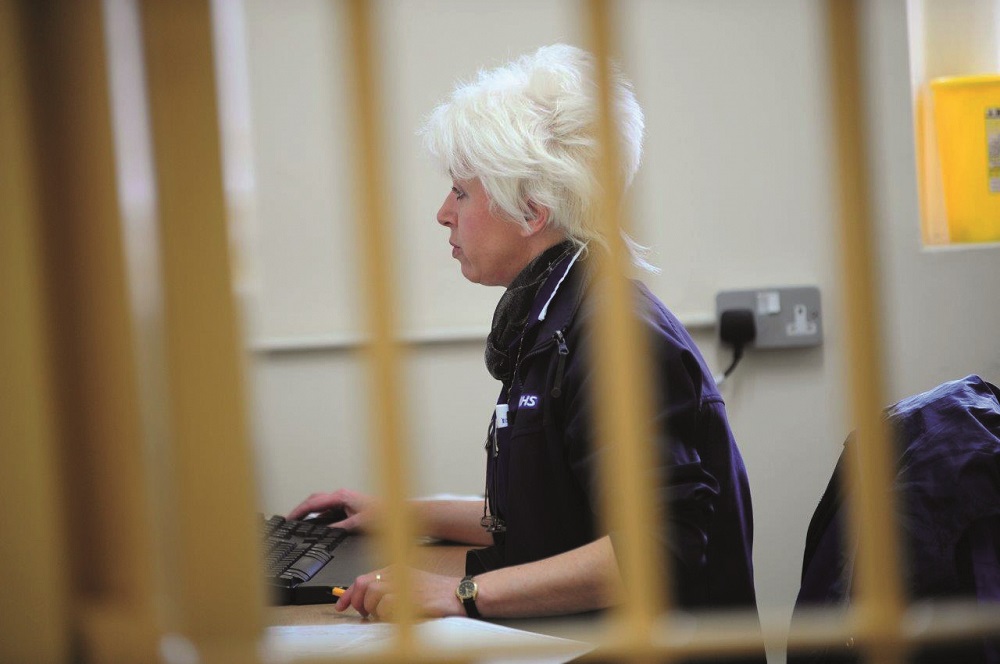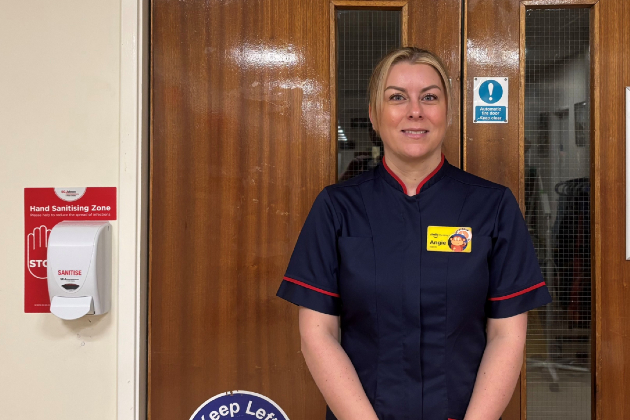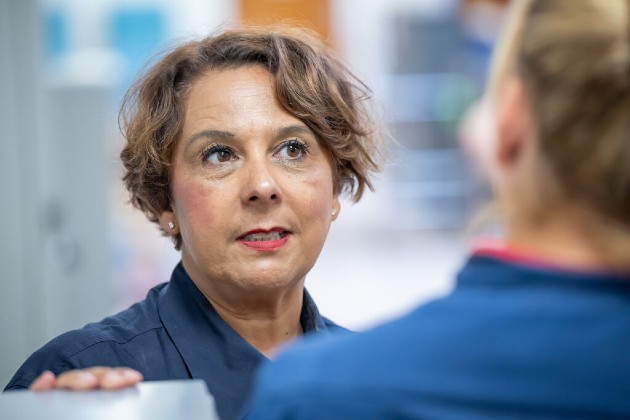Charlotte Hall, RCN Students Committee Chair and Student Member of RCN Council, undertook a seven-week placement
"Naturally I was a bit nervous on my first day. There are so many gates and it’s strange knowing you can’t go anywhere without a key. It can be claustrophobic but you just have to adapt to the environment. There’s no denying that at times a prison can be a challenging place – it’s often noisy and the emotional aspect can be tough to deal with. Bullying does go on and there are a lot of raw emotions flying about which can be devastating to witness.
"I also found it quite heartbreaking when I realised what a lot of lost potential there is due to lack of funding in this area. Sometimes people can’t understand why I’d want to work in a prison and care for people who have committed a crime, but it is my job.
"A lot of patients have had very difficult lives and no matter what they have done on the outside they deserve to be treated. Some of the prisoners I encountered feel like they have no reason to live and it’s so rewarding if you can help them on their track to rehabilitation or help change their minds about the future by giving them good care. As a member of the nursing team you’ve played a part in their recovery and that’s a great feeling.
"My placement was a good chance for me to find out if I liked the environment with a bit of a safety net around me. Overall it was an incredibly rewarding experience."
David Read, due to become a registered nurse in January, works as an HCA in a prison following a successful placement
"You’ve got to leave your judgements at the door but that’s true of any area of nursing you work in. Prisoners are some of the most vulnerable members of society and we’re there to care for them.
"You usually get to spend more time with individuals working in a prison than you would in some other environments and inmates really appreciate this time. A lot of them see nursing staff as a safe haven. I had some nice feedback the other day from a prisoner who’d had a privileged upbringing but got caught up in heroin addiction and the crime that often comes with it. She told me it was the first time in a long while she felt she had been listened to and could trust someone. I love knowing I have helped. My tips for getting the most out of a placement in a prison are:
- go in with an open mind
- don’t be put off by the long process to get into the prison – it’s there for your safety
- do your research. Always look around first to work out if it’s something you want to do
- get to know your team – they will be a great source of support
- don’t be afraid to ask for help if you need it."

The RCN says...
Ann Norman, RCN Professional Lead for Criminal Justice, says: “Students need to be resilient and have confidence to work in this area as it can be quite challenging professionally. Cuts to prison staff are making delivery of care more difficult and it’s an ongoing challenge.
"If you want to secure a placement in a prison it’s important to have a discussion with your university first to see what’s possible. You can also contact the local prison health care team directly. Ask for a visit to meet the lead nurse and if no placements are evident it’s best to explore this with the lead nurse and the university together.
"It can be beneficial to get some more ‘mainstream’ clinical experience after registering but the right attitude to caring for those in a secure setting, as well as confidence and resilience, is vital."
Did you know?
The prison population is at an all-time high and could exceed 90,000 in five years. Category A prisons hold individuals whose escape would be highly dangerous to the public or national security.









